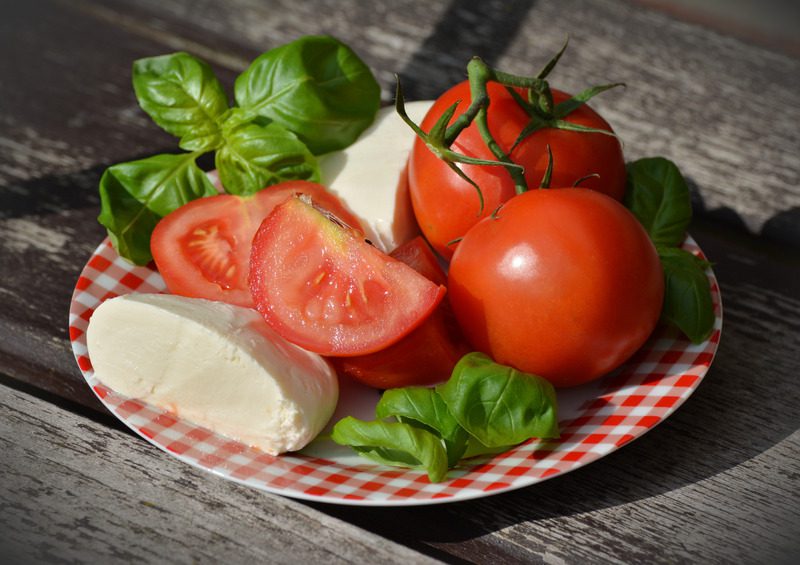
If you’ve ever considered dieting, or if you’ve ever had a nutrition coach, you’ve probably heard of the Mediterranean Diet. When you think of Mediterranean food, what comes to mind? Pizza? Giant mountains of Linguini or a big plate of Lasagna? Although delicious and mouth-watering to think about, it isn’t quite right. The Mediterranean diet is a bit more balanced than you initially think. In a nutshell, the diet consists of:
- Fruits, vegetables and whole grains to a large extent
- Moderate amounts of dairy, fish and poultry
- Liberal use of healthy fats (olive oil, canola etc.)
- Low red meat consumption
What about wine? That part’s optional (only in moderation). Interestingly, studies have shown some benefits from wine consumption. Wine (most notably red wine) is rich in antioxidants. Wine also contains compounds that have anti-inflammatory properties.
Benefits
There are a lot of perks of the Mediterranean Diet. For example, the use of herbs and spices to replace salt (the 2020-2025 Dietary Guidelines for Americans recommend that Americans consume less than 2,300mg per day). Also, the consumption of whole grains leads to a healthy intake of fiber (only 5% of Americans get the recommended daily target of 25 grams for women and 38 grams for men). And the liberal use of healthy fats and the limiting of red meat consumption effectively prioritizes monounsaturated fats over saturated fats (monounsaturated fats can help reduce LDL cholesterol which can lower your risk of heart disease or stroke).
As you can see from what I’ve said above, this isn’t exactly a diet but more of a nutritional lifestyle. Generally speaking, it’s based on communal dining, rest after eating and physical activity. However, pairing this with caloric restriction will of course lead to weight loss (is weight loss one of your goals?).
So, what do you think? Could the Mediterranean Diet be right for you?

